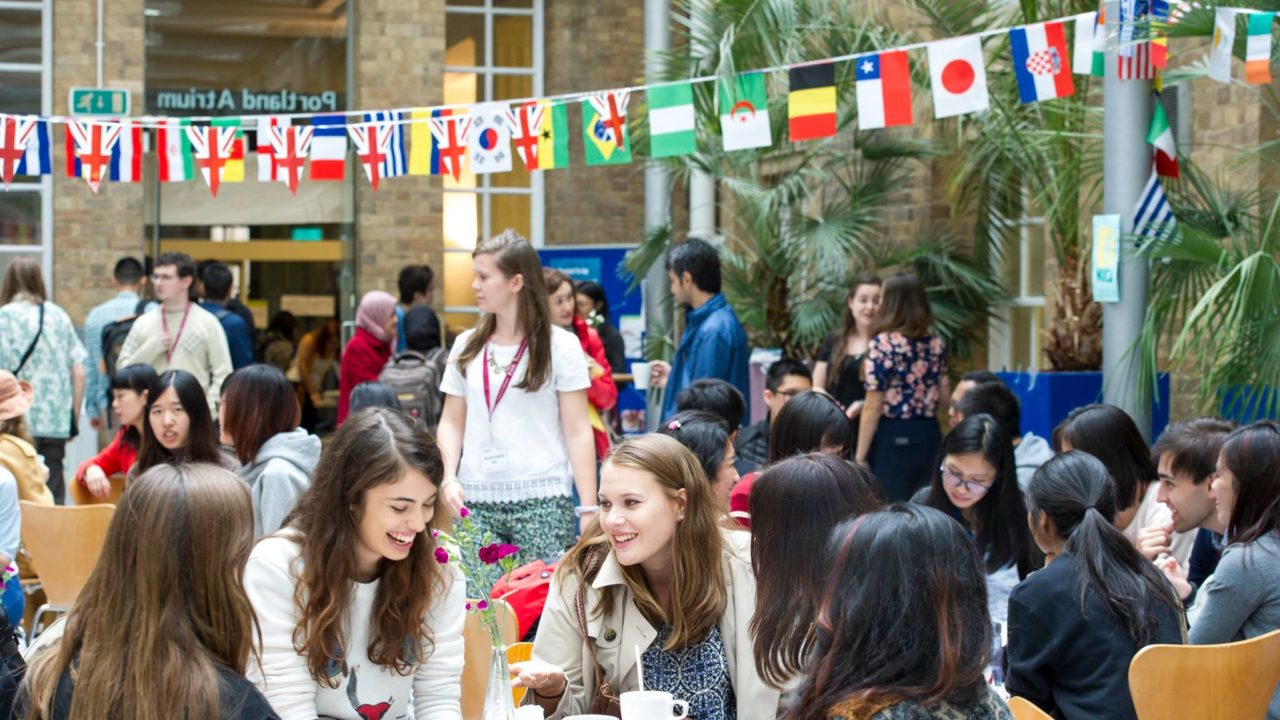Rules to Tighten on Tier 4?
With so many recent changes in Government, including the appointment of a new Prime Minister, Graham Donelan, University Secretary at Liverpool Hope University, considers the potential impact that changes to immigration rules and student visas will have on international students at our institutions.


Whenever our Compliance Officers return from a workshop with UKVI or UKCISA, they come armed with horror stories of the latest rumours about changes to the rules on student visas. Over the last couple of years, these have centred around tougher English Language tests or lowering the threshold for refusal rates.
In the Telegraph of 24th July 2016 under the unambiguous headline “Theresa May plans new immigration crackdown on student visas”, it was reported that “the Prime Minister has backed calls to restrict student visas so that only the brightest and best can come to study at reputable universities in Britain”. Options being investigated include “stopping people coming to Britain to take so-called ‘Mickey Mouse’ courses at low ranking institutions, action to stop universities marketing their courses as opportunities for students to work in Britain, and any further steps to make sure foreign students return home after finishing their studies”.
The political stars seem to be lined up for this tightening of the rules to happen. In 2015, when this topic was last in the headlines, it appeared that the Treasury under George Osborne and BIS under Sajid Javid were the ones who stopped Theresa May’s Home Office bringing in more stringent checks at that time. They have both now gone from those roles and Nick Timothy, very influential in Theresa May’s time as Home Secretary, is back as one of her two Chiefs of Staff at Number 10. Philip Hammond who was in the Osborne/Javid camp last year is now next door as Chancellor of the Exchequer and so we might hope for some balance there. However, I think his priority is going to be on the new post-Osborne economic plan.
We in the sector know the economic benefits of international students coming to the UK – worth over £10 billion pounds in export value in 2012 – and the enhanced experience for all students (and staff) of a truly international campus cannot be overlooked. Yet, the government feels it needs to reduce net migration figures (not least because post EU referendum many voters expect this to happen) and the levers on student visas are easy to control. Even if we don’t think this is a problem, look at Migration Watch’s press release only a month ago under the provocative headline “The case of the vanishing non-EU students”.
However, I want to go back to the Telegraph’s options. Our old friend ‘Mickey Mouse’ is there along with ‘low ranking institutions’. I have no idea what criteria are going to be used to determine what goes in those categories – will we say only TEF excellent and above, or only outstanding, will be able to enrol international students? If so, what about Bristol, LSE, Kings College London and SOAS (ironic, eh?) if the Times Higher mock results mean anything? Or would it only be those in the top 100 or 200 of the THE World University Rankings? Only 16 or 34 institutions respectively would qualify this year… Or maybe it’s just the Russell Group? Sorry Lancaster and Loughborough.
I’ve just googled Mickey Mouse degrees and can’t find any, but according to WhatUni the top ranking degrees in animation (rated by students) are at Nottingham Trent, South Wales, Leeds College of Art, Falmouth, Edge Hill. All those look like good options for international students looking to get into a growth industry and all spread around the country too. Still, I’m sure the government knows precisely how it will determine the boundaries as its policy on student visas has been so clear and consistent since 2010.
Perhaps even more sinister is the re-emergence of the idea of universities making sure students return home after their studies. I’m already working out whether it should be our international pastoral support team or our security staff who will be asked to escort our (former) students to the airport and what to do if they refuse to prove they’ve left the country.
All of the above is of course based on the premise that we will have any international students in the UK at all if we make it so difficult to get a visa and if universities are so risk averse and reluctant to issue Certificates of Acceptance for Study if the refusal rate is lowered from the current 10%. We saw what happened to the Indian market last time the rules were tightened and there was a crackdown on “bogus” students. And this is all before we have to decide on rules for EU students some time in the future.
Higher education is quite used to frequent changes in rules and regulations. However, most of the time the changes are just an inconvenience or some extra bureaucracy. These possible changes to already strict UKVI rules could be much more damaging and lead to drastic reductions in the number of international students on our campuses. What a dispiriting thought.
After writing this blog, I came across perhaps the first signs of what the government might mean by ‘reputable’ universities with the following reported in the Hindustan Times: “The UK has launched a pilot visa scheme for international students, including from India, applying for a masters degree course in select high-profile universities that would allow them to stay in the country for six months after completing their course.
The Tier 4 Visa Pilot Scheme, launched by the UK Home Office this week, is open to students from around the world who win a place at one-year masters courses at Imperial College London, Oxford, Cambridge or Bath universities.” We will perhaps see more of these in the coming months as the general rules tighten up.
